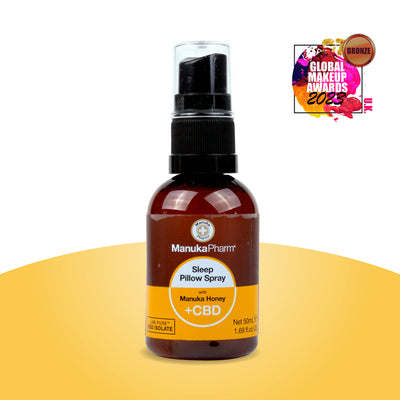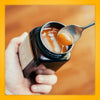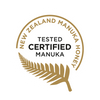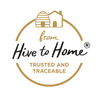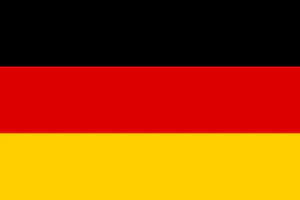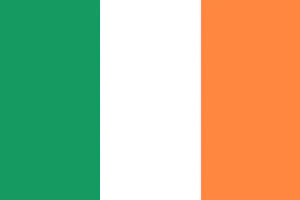From Kim Kardashian to the woman in your local health food store, many people are passionate about the benefits of CBD. And that’s not surprising – with advocates claiming it works for everything from anxiety to joint health.
But look online and you’ll find plenty of myths about what it is and how it works. Some people say it’s a cure all, while others worry that it might land them with a police record.
So, with this in mind, here’s a scientific deep dive to separate the facts from fiction around CBD.
1. CBD is illegal – false
To get to the truth on this I had to do my homework about what CBD really is.
First up, it’s not a drug. CBD is short for ‘cannabidiol’ and is one of the many chemical compounds found in hemp. Hemp definitely isn’t illegal – it’s a kind of cannabis plant that’s been used to make products like rope and clothes for thousands of years. It’s also where CBD comes from.
CDB is 100% legal in the UK. That’s as long as it contains less than 0.2% THC Tetrahydrocannabinol (THC) – more about which below – and comes from a government-approved strain of hemp.
Look at the shelves of any good supermarket and you’ll be able to find CBD products. And they definitely aren’t in the business of breaking the law.
2. CBD gets you high – false
Remember that THC we talked about above? That’s definitely not legal over a certain amount.
In the UK THC is considered a controlled substance under the Misuse of Drugs Act 1971. That’s because if you ingest enough of it, you’ll become intoxicated. That intoxication is the ‘high’ that people associate with illegal drugs like marijuana.
But because CBD products available in the UK have to contain less than 0.2% THC by law (see above), there’s no chance of similar effects. To be clear, no matter how much (legal) CBD you use, you won’t get high.
3. CBD is addictive – false
Some people associate CBD with illegal drugs. This means they worry about getting addicted to CBD, like they might by habitually using narcotics. But this just won’t happen.
There’s no evidence whatsoever that CBD causes any kind of addiction. In fact, the World Health Organization confirms that CBD is nonaddictive with no withdrawal symptoms for users.
4. CBD cures everything – false
Whatever CBD evangelists might say it isn’t a ‘magic bullet’ for every condition. Yet there’s a growing amount of good quality evidence out there to show where it can help.
For example, studies show CBD could help improve sleep, reduce anxiety and even treat PTSD. And that’s just the start. As more research is carried out, there’s hope it will produce even more benefits.
6. CBD quality matters – true
Not all CBD is created equal. Because CBD isn’t regulated in the UK there’s a danger that what you buy won’t contain much of the active ingredient at all.
So do your research. Only buy from trusted brands who can trace their CBD back to its source, and make sure that you read the label before you consume.



